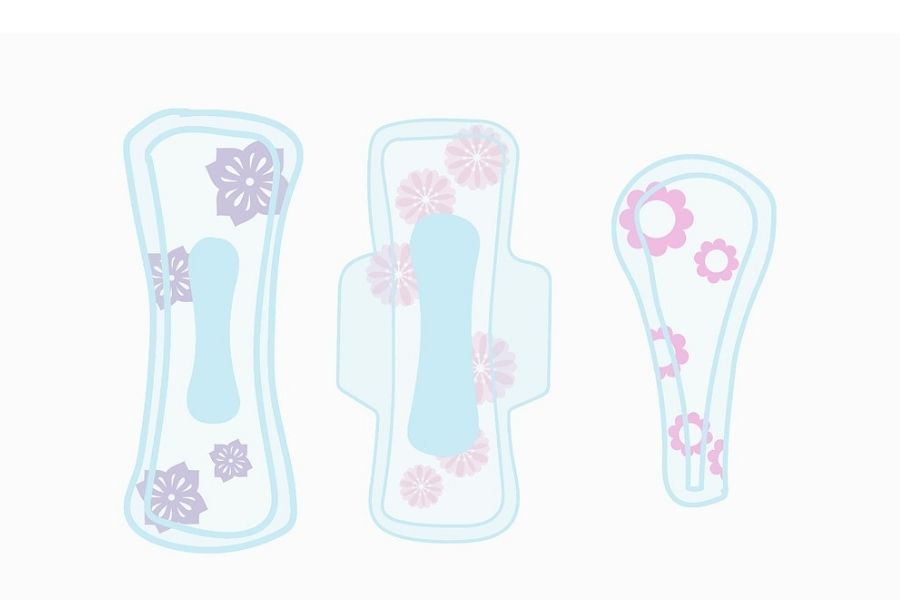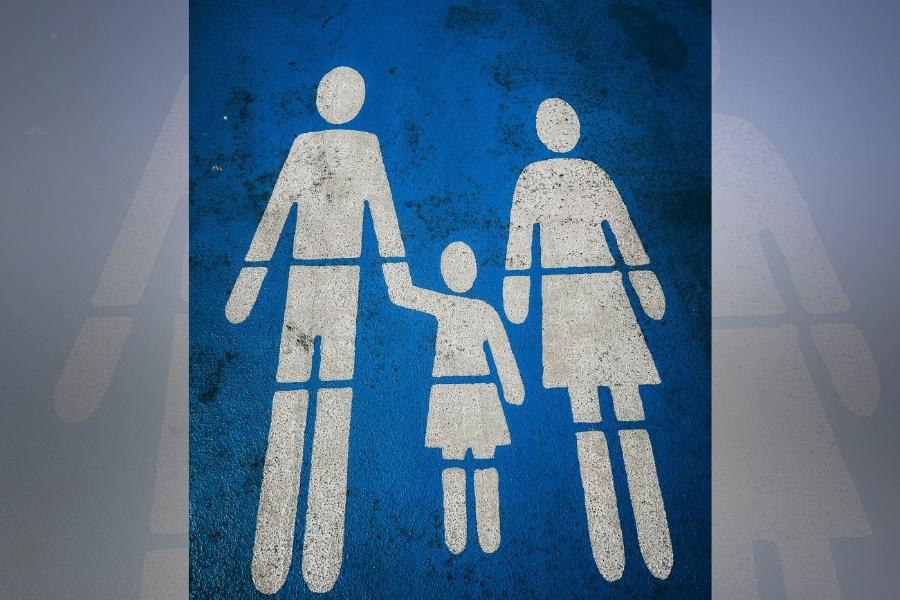An eight-year-old class III student from a Kolkata school was petrified when she noticed bloodstains on her uniform during class. Panic-stricken and in tears, she thought she was hurt. Her teacher, equally startled, called her parents immediately. It was only after a visit to the doctor that they confirmed what no one had expected—she had got her first period.
While menstruation is a natural milestone, its premature onset may require special attention from parents and teachers. More girls are experiencing puberty and reaching menarche at an unusually young age, say doctors. This Menstrual Hygiene Day, we explore what’s causing the change and how to deal with it.
What’s causing the shift?
According to Dr Subhas Mukherjee, senior consultant at Narayana Superspeciality Hospital, Howrah, the change lies deep within the body’s hormonal systems. “The early activation of the hypothalamic-pituitary-ovarian axis is a key reason. Improved nutrition and increased body fat can lead to higher leptin levels, a hormone that can trigger puberty prematurely,” he explained.
Dr Upasana Palo, consultant in Gynecologic Oncology at Rabindranath Tagore International Institute of Cardiac Sciences, blames the effect of modern-day lifestyle. “Genetics play a part, but environmental exposures and stress are significant. Girls today are dealing with hormonal disruptions caused by chemicals, obesity, and even poor diet,” she said.
When is it a red flag?

Pixabay
Typically, girls begin menstruating between ages 10 and 14. But doctors agree that menstruation before the age of eight is a cause for concern.
“If menstruation starts before eight, it is classified as precocious puberty. Parents should watch for signs like early breast development, underarm or pubic hair, acne, and mood swings. These are indicators that the body is maturing too fast,” said Mukherjee.
According to Palo, the first visible sign is usually breast development. “If that happens too early, consult a pediatric endocrinologist immediately. It’s not just about managing periods—it’s about identifying deeper hormonal issues.”
The physical and emotional toll
Early menstruation doesn’t just mean an early start to periods—it can have long-term consequences. Dr Sonali Mandal Bandyopadhyaya, fertility specialist at Birla Fertility & IVF, Howrah, warns that “Girls who attain menarche before the age of 12 are at a higher risk of depression, anxiety, and even substance use. Physically, it can result in short adult stature due to early closure of growth plates.”
She also noted, “There are future health risks too—such as a higher chance of metabolic syndrome, cardiovascular disorders, and breast cancer. This isn’t a harmless trend; it has serious implications for lifelong health.”
Dr Parnamita Bhattacharya, gynecologist at CMRI Kolkata, echoes this concern. “In my clinic, I’m seeing girls as young as nine getting their periods. While not always abnormal, it’s emotionally overwhelming. If the child is unaware, it can lead to confusion and shame. Education and early support are essential.”
Is modern life accelerating puberty?
The doctors agree that environment and lifestyle are major contributors.
“Urban living, higher body mass index, and hormone-laden foods all play a role. Even maternal smoking during pregnancy has been linked to early menarche. These environmental triggers are increasingly common,” said Mandal.
Bhattacharya added, “Obesity is a leading factor. Children are less active today, and processed food sometimes contains estrogenic chemicals. Combined with excess screen time and stress, the hormonal balance is easily disrupted.”
How should parents respond?
Open communication, reassurance, and menstrual education are the cornerstones of managing early puberty.
“So many girls feel frightened when they get their first period. Mothers and female caregivers must explain that it’s a normal part of growing up, without attaching shame or restrictions,” said Mukherjee.
Palo emphasised the importance of timely education. “There’s no perfect age to start the conversation. If your daughter shows early signs of puberty, that’s your cue to begin preparing her.”
Proper hygiene is also critical. “Teach your daughters to change pads every four to six hours, bathe daily, and avoid perfumed products that might irritate. Menstrual blood is not impure. Let them live their normal lives,” advised Bhattacharya.
Mandal concluded, “Supportive parenting during early puberty can shape a girl’s confidence and comfort with her own body for life. It starts with talking, listening, and being prepared.”
